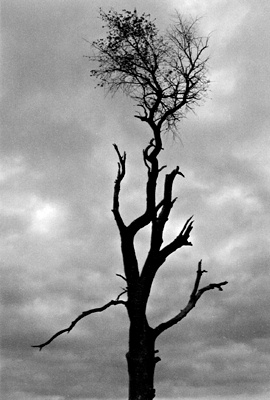All Nonfiction
- Bullying
- Books
- Academic
- Author Interviews
- Celebrity interviews
- College Articles
- College Essays
- Educator of the Year
- Heroes
- Interviews
- Memoir
- Personal Experience
- Sports
- Travel & Culture
All Opinions
- Bullying
- Current Events / Politics
- Discrimination
- Drugs / Alcohol / Smoking
- Entertainment / Celebrities
- Environment
- Love / Relationships
- Movies / Music / TV
- Pop Culture / Trends
- School / College
- Social Issues / Civics
- Spirituality / Religion
- Sports / Hobbies
All Hot Topics
- Bullying
- Community Service
- Environment
- Health
- Letters to the Editor
- Pride & Prejudice
- What Matters
- Back
Summer Guide
- Program Links
- Program Reviews
- Back
College Guide
- College Links
- College Reviews
- College Essays
- College Articles
- Back
Roots of the Caste System
On my frequent trips to India, I attend lavish weddings the size of three football fields, visit ancient temples that have existed since literally the beginning of time, and most importantly, build abiding relationships with people. Not until this summer did the harsh reality regarding the fate of India hit me. It is not the pollution, not the dust, not the overpopulation, and not the corruption. It is the omnipresent ghost of centuries past in the name of caste.
For most of us, the word caste is nothing beyond a world history textbook. This summer, I evidenced a type of discrimination, a type of superstition, and a type of culture inexplicable through any logic or morality. When I attended a gathering in my village, a lady, about the age of my grandmother, reached me as I finished eating; she took my plate, washed it, and kept referring to me as “patelamma”, which means owner or master in the local language. When I inquired her as to why she addressed me through that word, she replied, “You are the patelamma [owner].” That word shook me. Every time I recall this incident, it makes me ill at ease. I insisted that she not refer to me by a socially enforced denomination rather treat me as a child. For an elderly lady like her, I would have wanted to be called something that she would refer to her own grandchild by than such a burdensome title. Her respect for me was purely due to the social stratification of such a society. In the remote villages of such conservatism and among older generation of the backward castes, respect supplanted love.
While the older generation abides to such set of rules, the newer generation is something different. Students in colleges form groups based solely on their caste and unknowingly create knots in their threads of acceptance. Adults tend to bond well with people of their caste and segregate against those who are not. Parents tend to deny inter-caste marriages, some to an extent where they knowingly place their child’s life at stake. Some tend to offer jobs to only those in their caste, and others support members in their caste over nonmembers. Politics is the perfect stage for such discrimination; members of specific sub castes justify their political denomination based merely on the caste of the candidate. Little do they apperceive that their chosen candidate is neither of their caste nor their religion. Many use sayings by Swami Vivekananda, the greatest religious intellectual of modern times, to defend the caste system; however, he clearly advocated for equality over any other social stratification. The gloom of the word caste blinds most people today and distorts their perception of right and wrong.
Education was thought to be imperative in the extinction of such moral decadence by many intellectuals. Little did they surmise that the roots of the poisonous caste system were so deeply embedded into the Earth that it demanded more to bring about any change. What is prerequisite to bringing about any such desired change is to bring about a transformation in the perspective of people towards caste. Just because someone is in the same caste does not make them anymore closer to you than the average citizen. If a caste promotes a certain tradition, let it be, and in fact, preserve it. But beyond that, it should not be of any importance to anyone. It should not be used as a source to differentiate among each other. Its creation served an economic purpose three thousand years ago which became a basis for segregation. In order for these deep roots to get rid of the poison, change should be brought about on the individual’s thinking and mentality. Castes should be considered as branches of the same tree, some long and some short, but in the end, all of them containing the strongest root, mankind.

Similar Articles
JOIN THE DISCUSSION
This article has 2 comments.

1 article 0 photos 1 comment